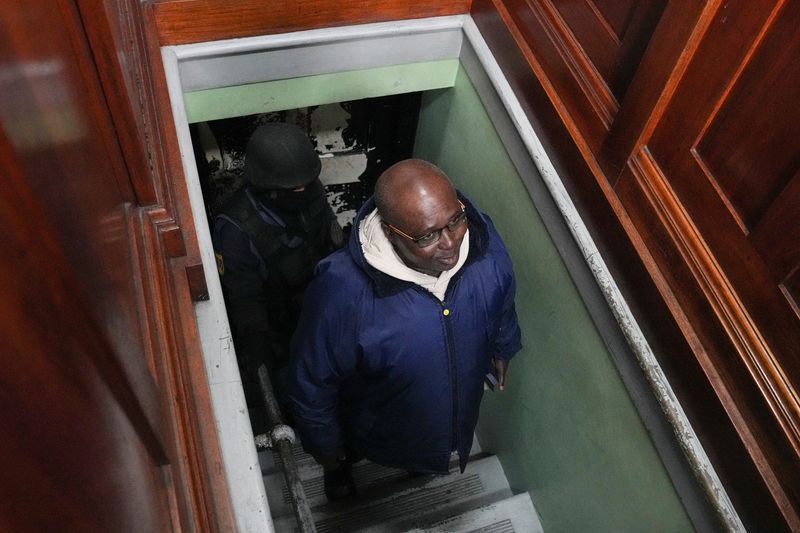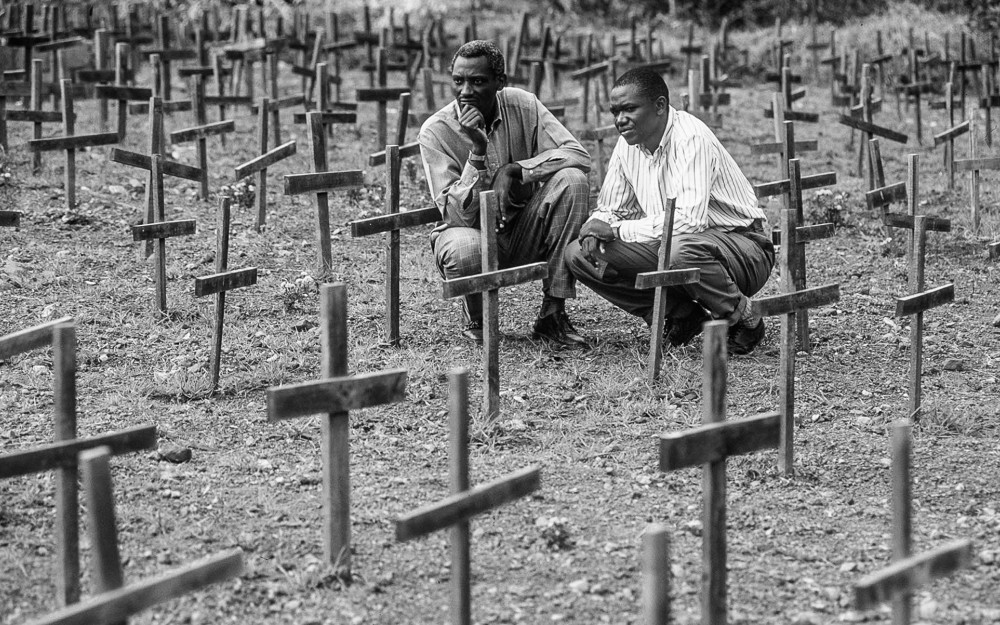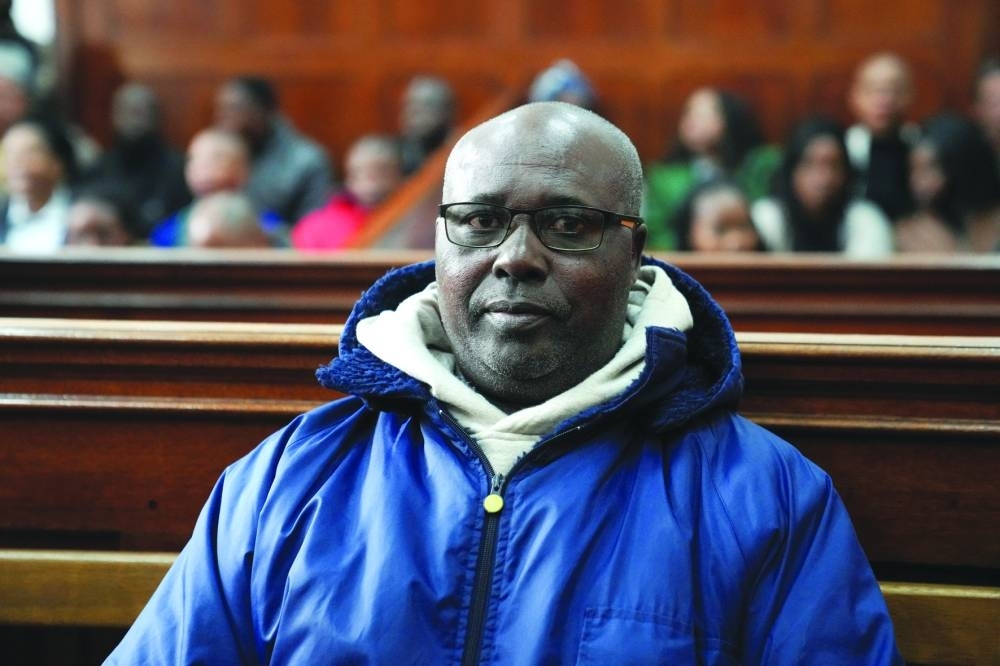Fulgence Kayishema, one of the final fugitives sought in connection with the 1994 Rwanda massacre, appeared in court in Cape Town, South Africa, two days after being apprehended after 22 years on the run.
He is accused of participating in one of the genocide's deadliest moments, where thousands of men, women, and children sought refuge in a church and were massacred.
He denied involvement in the slaughter after being questioned by a local journalist before entering the packed courtroom, wearing a blue jacket, black trousers, and spectacles.

"All I can say is that we are sorry to hear what was going on," he replied when asked if he had anything to say to the victims.
Did you read this?
"At the time, there was a civil war, and people were killing each other... I didn't have a part."
Kayishema momentarily held up a prayer book labelled "Jesus First" before announcing himself to the court, flanked by armed officers wearing helmets and bullet-proof vests.
As a state prosecutor read the charges against him, the 62-year-old appeared calm and cool.
They include "genocide" and conspiracy to commit genocide "relating to the slaughter of more than 2,000 people in Rwanda in 1994," prosecutor Nathan Adriaanse told the court.
After a brief hearing, magistrate Ronel Oliver remanded him in jail.
He will be incarcerated at the maximum security Pollsmoor jail in Cape Town until his next court appearance on June 2.

The former Rwandan police inspector was apprehended on Wednesday at a vineyard in Paarl, a tiny winelands town 60 kilometres (35 miles) north of Cape Town. Prosecutors said he had been residing in South Africa under an alias for over two decades.
Kayishema's hunt extended countries throughout Africa, targeting a man who used multiple aliases and phoney documents and depended on a "network of trusted supporters," according to the MICT.
The US had offered a reward of up to $5 million for information leading to Kayishema's arrest, transfer, or conviction, but there has been no word on whether this played a factor in his capture.
Rwanda began prosecuting genocide suspects in 1996 and murdered 22 by firing squad on a single day in April 1998.
It abolished the death sentence in 2007, removing the primary impediment to the ICTR extraditing genocide suspects to Rwanda for prosecution.
Between 2005 and 2012, over 12,000 community-based courts tried nearly two million people and convicted 65 per cent, sending the majority to prison.









